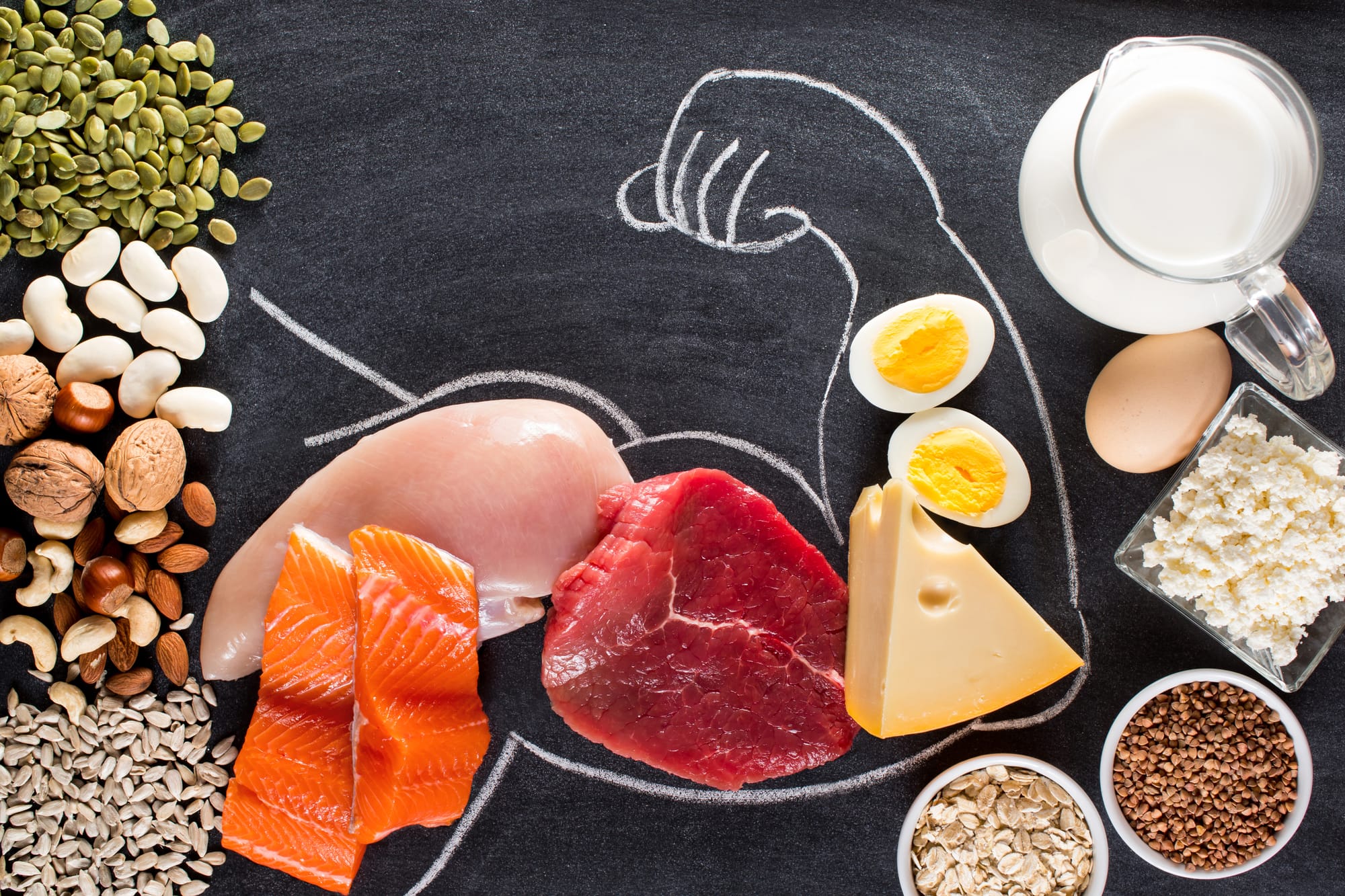Swim nutrition 101: What to eat before and after training

Proper nutrition plays a crucial role in a swimmer's performance and recovery. Understanding what to eat before and after training can help optimise energy levels, enhance endurance, and support muscle repair.
This guide provides evidence-based recommendations to assist swimmers and their parents in making informed dietary choices.
The importance of pre-training nutrition
Eating before training ensures that swimmers have adequate energy to perform at their best. Consuming carbohydrates prior to exercise can increase glycogen stores, leading to improved endurance and reduced fatigue.
Timing and meal composition
3-4 hours before training: A balanced meal containing carbohydrates, protein, and healthy fats. For example, a chicken sandwich on whole-grain bread with a side of mixed vegetables.
1-2 hours before training: A lighter snack focusing on carbohydrates with some protein. Options include a banana with a small handful of nuts or yogurt with granola.
Hydration
Maintaining proper hydration is essential. Swimmers should consume 400–600 ml of water or a sports drink at least two hours before training to ensure ideal hydration levels.
During training, keep a bottle of water or a hydration drink like HydraFit (available at Dis-Chem) poolside, and take small sips regularly to stay hydrated and maintain energy levels.
Post-training nutrition for recovery
After training, the body needs to replenish glycogen stores and repair muscle tissues. Consuming a combination of carbohydrates and protein shortly after exercise can enhance recovery.
Within 30 minutes post-training: A recovery snack such as chocolate milk, which provides both carbohydrates and protein, can be effective. First Choice High Protein Recovery Milk, Milo and Steri Stumpi are all good options.
1-2 hours post-training: A balanced meal including lean protein (e.g. grilled chicken or fish), complex carbohydrates (e.g. quinoa or brown rice), and a variety of vegetables.
Individual needs and considerations
Nutritional needs can vary based on the swimmer's age, weight, training intensity, and duration. It's important to tailor dietary choices to individual requirements and consult with a nutritionist or dietitian for personalised advice.
By focusing on appropriate pre- and post-training nutrition, swimmers can enhance their performance, support recovery, and maintain overall health.
"Great swimming starts with great fueling, because you can’t power a champion on an empty tank."